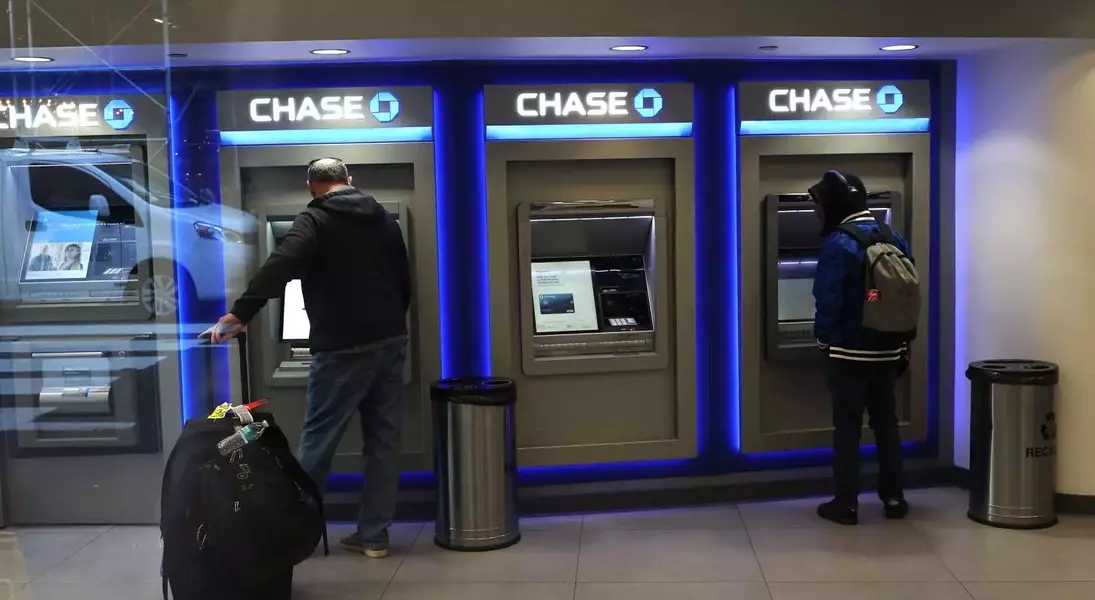In a startling turn of events, JPMorgan Chase, one of the world's largest financial institutions, has found itself embroiled in a legal battle against customers who allegedly exploited a social media-fueled "infinite free money glitch." The bank's swift action to recoup the stolen funds has sparked a heated debate around the boundaries of financial innovation and the responsibilities of both banks and customers in the digital age.
Uncovering the Illusion: JPMorgan's Pursuit of the "Infinite Free Money Glitch"
The Viral Phenomenon
The story began when a "loophole" went viral on TikTok and other social media platforms in late August, captivating the attention of thousands of users. The viral videos described a seemingly foolproof method for depositing fake checks for large amounts and withdrawing funds before the checks bounced, effectively creating an "infinite free money glitch." As the videos spread like wildfire, JPMorgan Chase was quick to respond, clarifying that this was not a legitimate loophole, but rather a form of check fraud.JPMorgan's Legal Offensive
Determined to recoup the stolen funds, JPMorgan Chase reportedly filed lawsuits on Monday against the individuals and businesses that had allegedly taken advantage of the "infinite free money glitch." According to Reuters, the bank has filed four lawsuits in federal courts, targeting the customers who had withdrawn the highest amounts.The Legal Battles
One of the lawsuits was filed in the U.S. District Court for the Southern District of Texas, involving a Houston man who had withdrawn funds after depositing a $335,000 check. The bank claims the man owes them $290,939.47. The other lawsuits are in federal courts in Miami and Los Angeles, where JPMorgan says customers owe between $80,000 and $141,000. In all cases, the bank is seeking the return of the stolen funds, along with interest, overdraft fees, lawyers' fees, and in some instances, punitive damages.The Broader Implications
The JPMorgan Chase saga highlights the delicate balance between financial innovation and security in the digital age. As social media continues to shape consumer behavior and expectations, banks must navigate the complex landscape of emerging financial trends, while also upholding their fiduciary responsibilities to protect their customers and their own assets.This case also raises questions about the role of financial institutions in educating and empowering their customers to make informed decisions. In an era where information can spread rapidly online, banks may need to reevaluate their communication strategies and proactively address potential vulnerabilities before they escalate into larger-scale incidents.The Ongoing Battle
As JPMorgan Chase continues its legal battle to recoup the stolen funds, the outcome of these cases will undoubtedly have far-reaching implications for the banking industry and the broader financial landscape. The bank's aggressive pursuit of the alleged perpetrators sends a clear message that it will not tolerate such blatant attempts to exploit its systems, even if they originate from social media-driven trends.The resolution of these lawsuits will not only determine the fate of the individuals and businesses involved but may also shape the future of how banks and customers navigate the ever-evolving world of digital finance. The stakes are high, and the outcome of this battle will undoubtedly have ripple effects throughout the industry, serving as a cautionary tale and a call to action for financial institutions and their customers alike.You May Like

